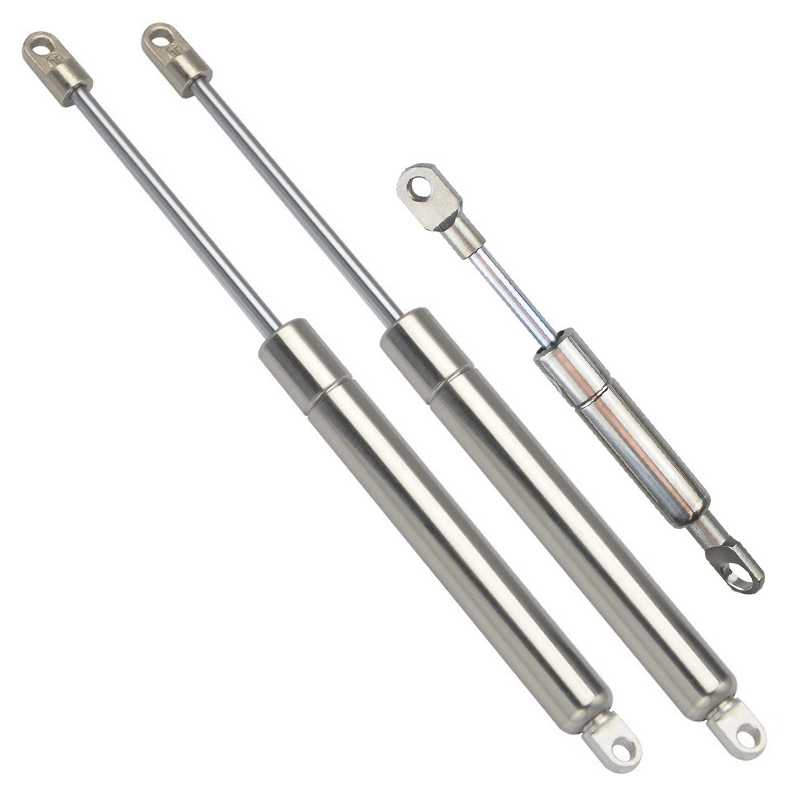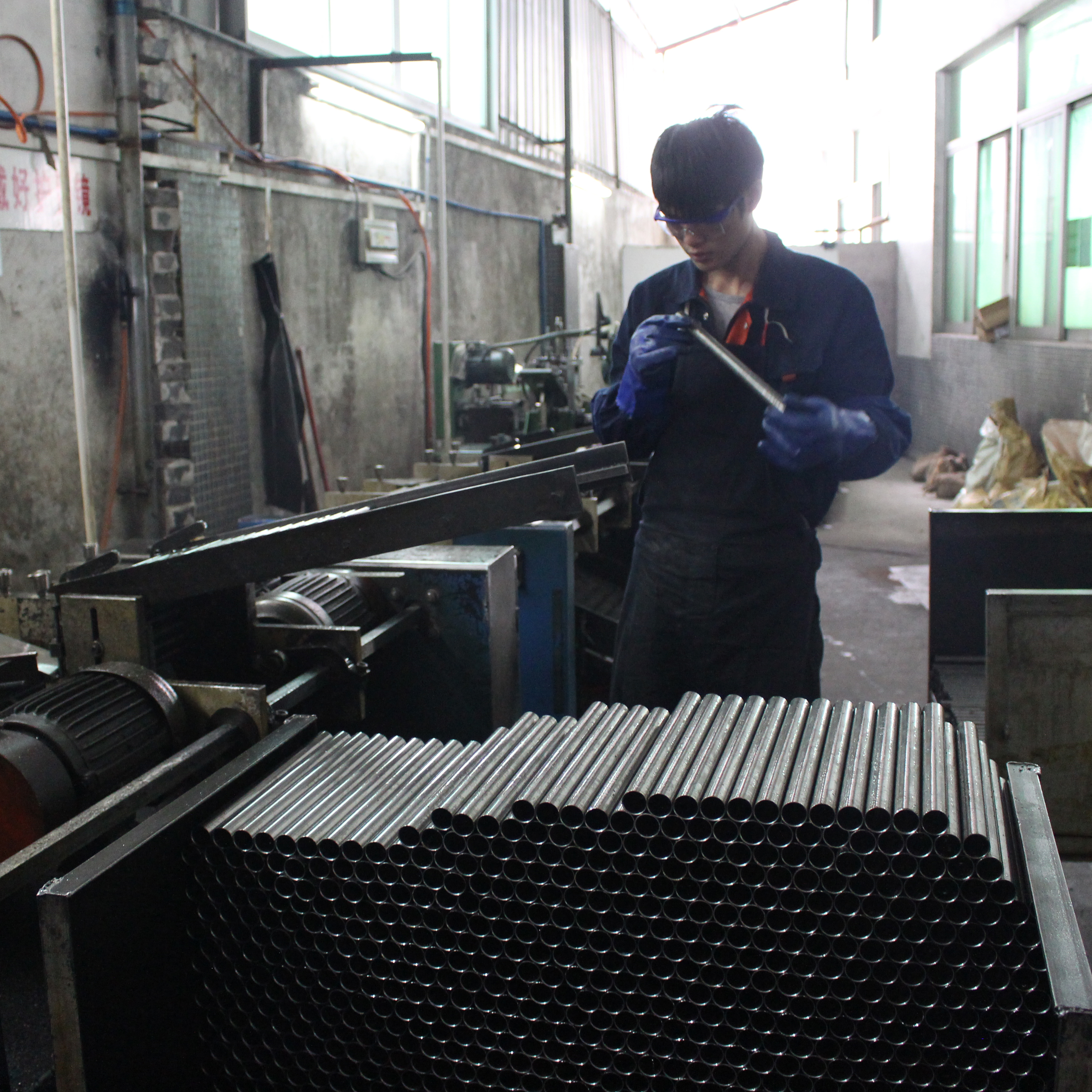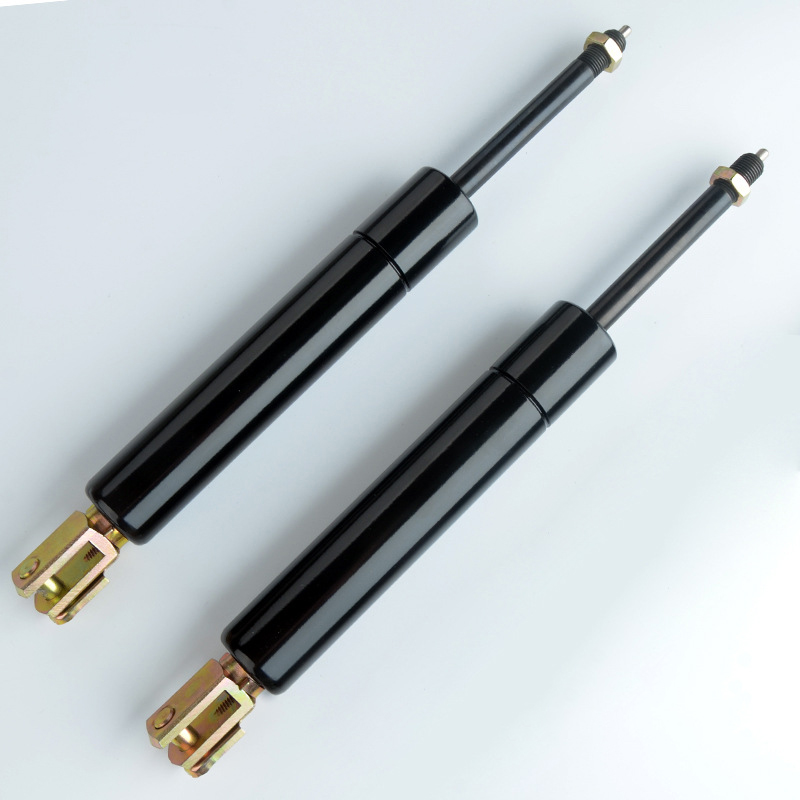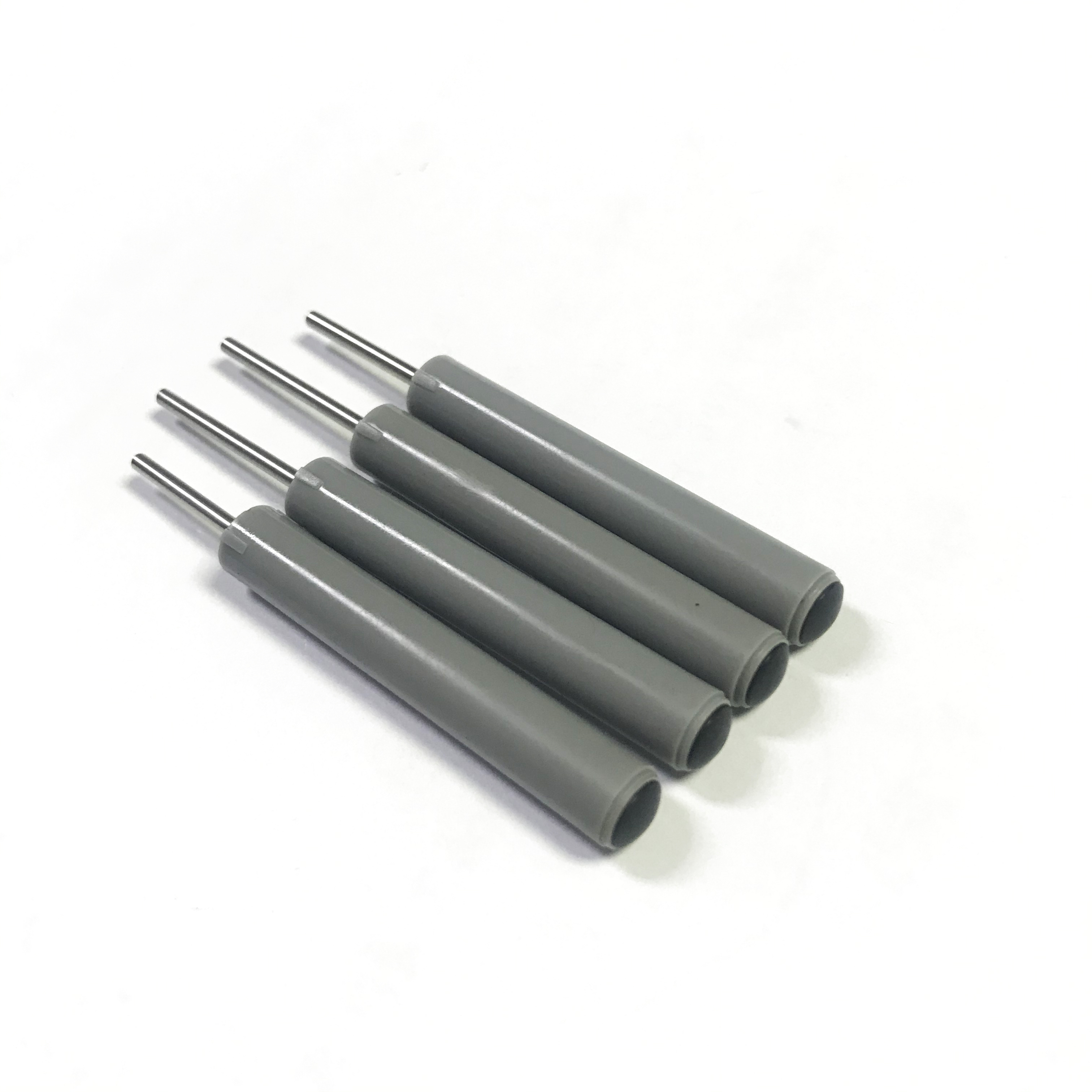News
-

How to know about a gas spring?
Pressure Cylinder The pressure cylinder is the body of the gas spring. This cylindrical vessel houses the high-pressure inert gas or oil-gas mixture and withstands the internal pressure while providing a robust structure. Typically constructed from strong materials like ...Read more -

Why do we to be ground flat on comression gas spring?
Compressed gas springs are essential components in a wide range of applications, providing controlled and reliable support for lifting, lowering, and counterbalancing mechanisms. These springs are commonly used in industries such as automotive, furniture, aerospace, and ...Read more -

How the gas spring/gas strut used in agriculture?
Gas springs are used in various agricultural applications to provide controlled and reliable force for different functions.The application of gas spring in agriculture include: 1. Access panels and hatches: Gas springs are used to assist in opening and closing access pan...Read more -

How to calculate the force and length on gas strut/gas spring?
Calculating the length and force of a gas strut involves understanding the physical characteristics of the strut, such as its extended and compressed lengths, as well as its desired application and load requirements. Gas struts are commonly used in applications like auto...Read more -

What can lockable gas spring used in medical industry?
Lockable gas springs are used in medical equipment to provide controlled and secure positioning of movable components. Here are some specific applications of lockable gas springs in medical equipment: 1. Adjustable Patient Beds: Lockable gas sp...Read more -

How does gas strut used in furniture industry?
Gas struts, also known as gas springs or gas shocks, have revolutionized the furniture industry with their versatile applications and benefits. These devices, utilizing compressed gas to provide controlled and smooth motion, have tran...Read more -

The Application of Gas Struts in the Automotive Industry
Gas struts, also known as gas springs, have become an integral component of automotive engineering, serving a wide range of functions in vehicles. From enhancing safety and performance to improving comfort and convenience, gas struts have found diverse applications in th...Read more -

How do you know about free stop gas spring?
What's free stop gas spring? A "free stop gas spring" generally refers to a gas spring mechanism that allows custom positioning and locking at any point along its travel. This type of gas spring is flexible and can be adjusted to a variety of positions without the need f...Read more -

What’s the advantages of plastic damper in different applications?
What is soft close gas damper? A soft-closing gas damper, also known as a gas spring or gas strut, is a mechanical device that uses compressed gas to provide controlled closing and damping motion for a variety of applications. These dampers are commonly used in furniture...Read more
